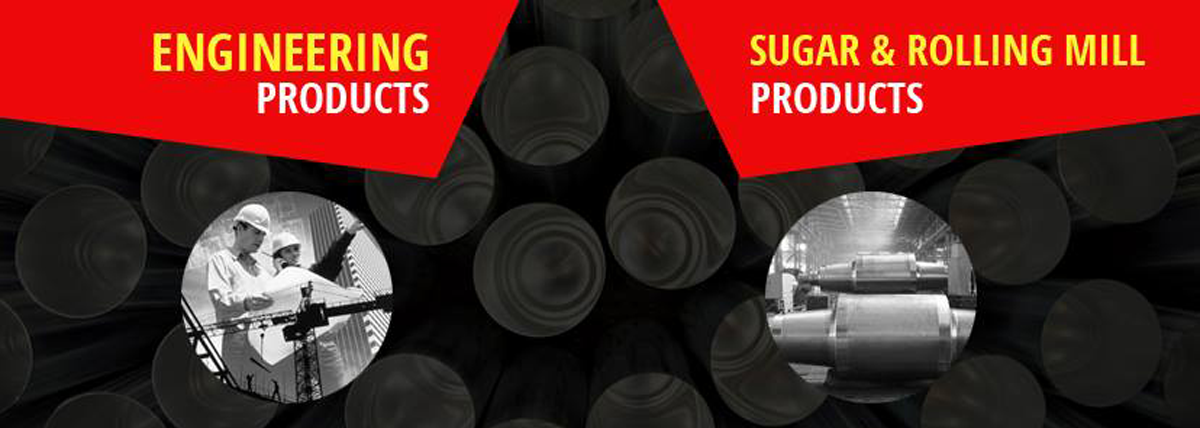When it comes to establishing reliable piping systems in industries like oil and gas, chemical plants, and power generation, carbon steel forged flanges are indispensable. These components are prized for their exceptional durability, resistance to corrosion, and adaptability across various high-pressure applications. In this guide, we’ll explore their characteristics, benefits, and why they’re a cornerstone of modern industrial systems.
Understanding Carbon Steel Forged Flanges
Carbon steel forged flanges are connectors used to join pipes, valves, and equipment securely. Made from high-strength carbon steel, these flanges are forged by shaping heated metal into desired forms, enhancing their grain structure and overall durability. Their superior strength-to-weight ratio makes them a preferred choice in environments that demand robust, long-lasting solutions.
Common types of carbon steel forged flanges include:
- Weld-Neck Flanges: Ideal for high-pressure and high-temperature systems due to their rigidity.
- Slip-On Flanges: Easy to install, these are commonly used in low-pressure applications.
- Socket Weld Flanges: Designed for smaller pipes, offering a strong connection.
- Threaded Flanges: These allow for easy assembly and disassembly without welding.
- Blind Flanges: Used to seal off pipe ends, providing flexibility for future extensions.
Why Choose Carbon Steel Forged Pipe Fittings and Flanges?
Their superior insulation efficiency, resistance to cracking under thermal stress, and versatile design make carbon steel flanges an integral component in multiple sectors. Forged flanges, in particular, ensure smooth gasket sealing, critical for maintaining system integrity.
Advantages of Carbon Steel Forged Flanges
1. Durability and Strength
The forging process compresses the carbon steel into a dense structure, enhancing resistance to cracking, leaking, and mechanical stress. This makes forged flanges suitable for systems handling high pressure and extreme temperatures.
2. Corrosion Resistance
Carbon steel forged flanges are treated to resist corrosion, extending their lifespan even in harsh industrial environments. This quality makes them ideal for chemical processing and marine applications.
3. Cost-Effectiveness
Compared to flanges made of stainless or alloy steel, carbon steel options are significantly more affordable without compromising performance. This affordability is crucial for industries requiring large-scale installations.
4. Ease of Maintenance
With proper care, such as regular cleaning and protection from corrosive agents, these flanges can serve for decades. Their resilience reduces the frequency of replacements, saving time and costs.
Applications Across Industries
Carbon steel forged flanges are extensively used in:
- Oil and Gas: For sealing pipelines carrying crude oil, natural gas, and refined products.
- Chemical Plants: In systems transporting corrosive or reactive chemicals.
- Power Plants: For connecting high-temperature steam and water lines.
- Marine Industry: Due to their ability to withstand saltwater corrosion.
Choosing the Right Carbon Steel Flanges
Selecting the correct flange type involves considering factors like pressure rating, temperature tolerance, and material compatibility. For instance, weld-neck flanges are suitable for high-pressure systems, while slip-on flanges are better for simpler applications.
Conclusion
Carbon steel forged flanges epitomize reliability, cost-effectiveness, and versatility. Whether it’s for a complex industrial pipeline or a straightforward mechanical system, these flanges ensure seamless connections that stand the test of time. Yash Impex offers a comprehensive range of carbon steel forged flanges and pipe fittings tailored to diverse industrial needs. Contact us today to explore high-quality solutions that empower your projects.

